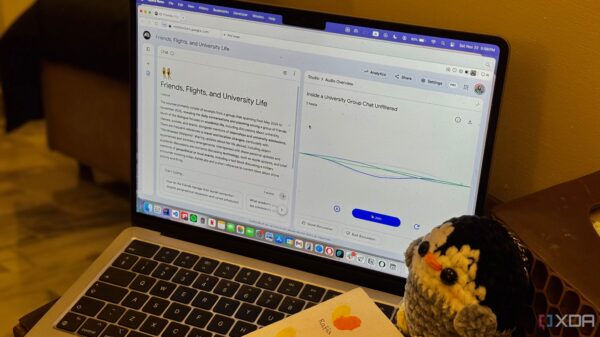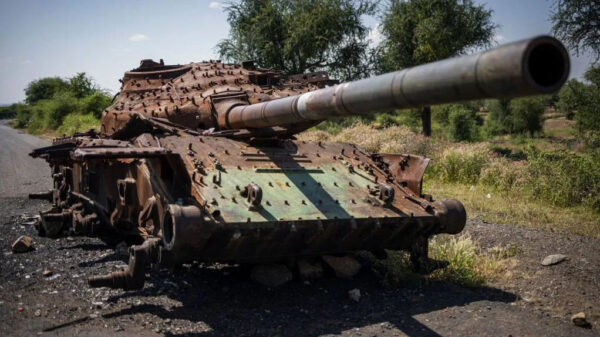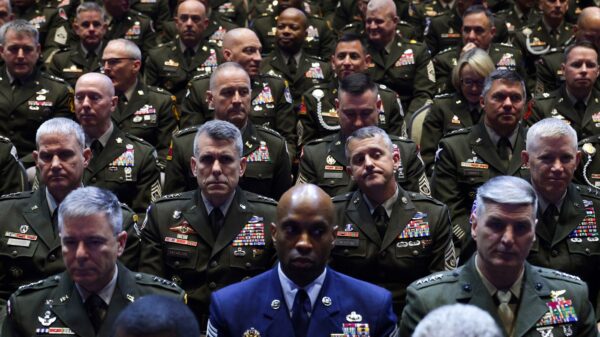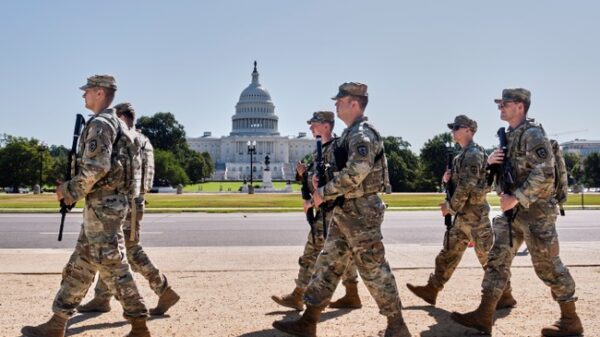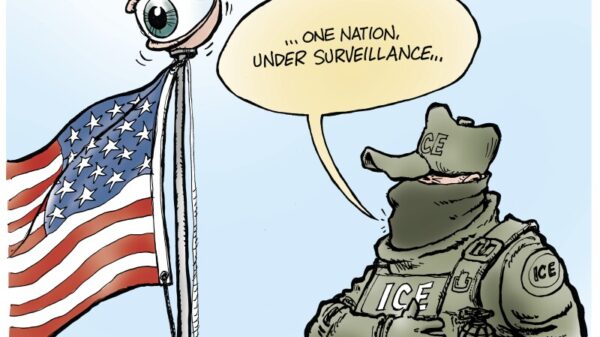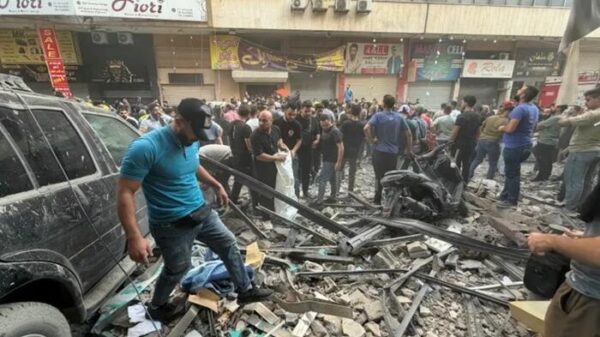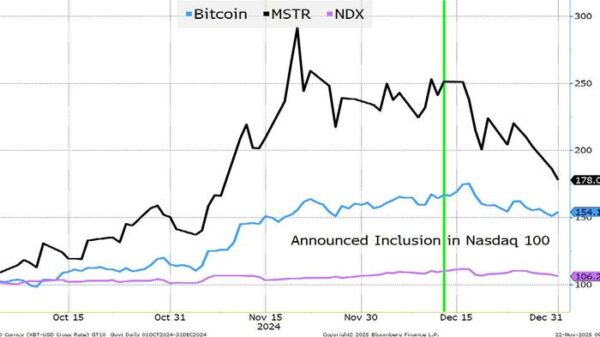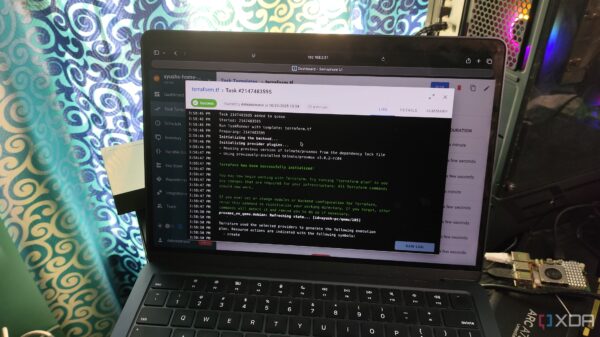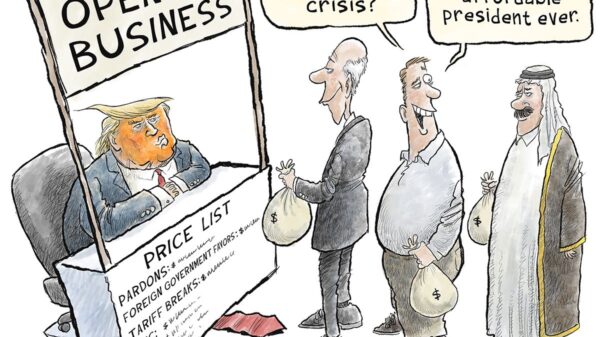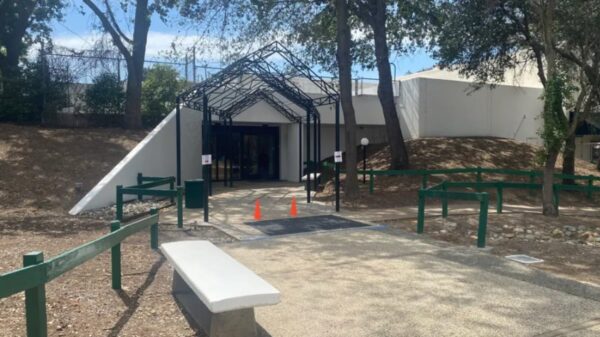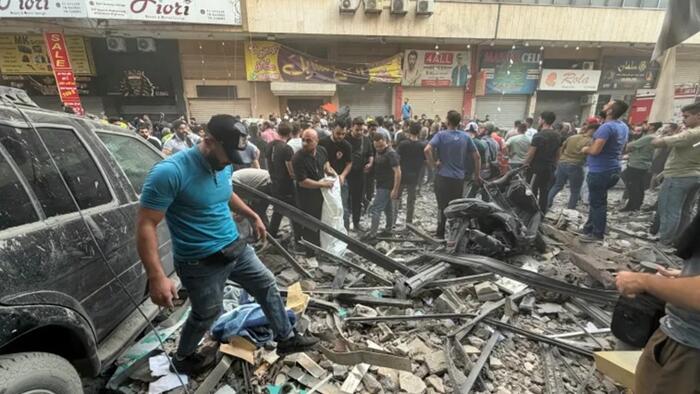Tensions between Israel and Lebanon escalated significantly on Sunday when the Israeli military conducted a targeted strike in Beirut, resulting in the death of a senior Hezbollah leader. The Israeli Defense Forces (IDF) announced the “elimination” of Haytham Ali Tabatabai, who was identified as Hezbollah’s chief of staff. This operation came shortly after Lebanon’s official National News Agency (NNA) reported that two missiles were fired at an apartment building located on al-Arid Street in the Haret Hreik neighborhood of Dahiyeh, an area known to be a stronghold for Hezbollah.
The strike caused extensive damage, with smoke billowing from the site, and resulted in at least five fatalities and 28 injuries. The attack, which occurred without warning, has drawn widespread condemnation from both Hezbollah and the Lebanese government. Hezbollah’s official statement did not confirm Tabatabai’s death but described the assault as crossing a “new red line.” This incident follows a series of Israeli military actions in southern Lebanon, raising concerns about the stability of a ceasefire that has been in effect for some time.
Hezbollah’s statement emphasized that the agreements established with Israel are ineffective, asserting that they are collaborating with the Lebanese state to respond to this latest violation. Coverage by major news outlets, including The New York Times, characterized the event as a significant escalation in the ongoing conflict. Al Jazeera correspondent Zeina Khodr, reporting from Beirut, noted the lack of evacuation orders prior to the strike, suggesting that the Israeli military was specifically targeting a high-profile individual.
The neighborhood, densely populated and vibrant, was struck by missiles in daylight, intensifying fears over civilian safety and the broader implications of military engagement in urban areas. Khodr highlighted that Israel’s attack violates Security Council resolution SCR 1701, which aims to maintain peace in the region, and could be considered a war crime due to the lack of consequences thus far.
Israeli officials identified Tabatabai as the second-in-command within Hezbollah, a founding member of the organization, and a significant military figure. The United States has designated him as a terrorist, placing a $5 million bounty on information leading to his capture. Khodr’s insights pointed to the possibility that Israel maintains substantial intelligence capabilities within Hezbollah, marking this strike as a serious security breach for the militant group.
Since the targeted killings in recent years, including the controversial death of Hezbollah leader Hassan Nasrallah in September 2024, Israel has intensified its military strategy against Hezbollah’s leadership. Meanwhile, the Shia militant group, which has strong ties to Iran, is reportedly in discussions with the Lebanese government concerning potential disarmament in specific regions, particularly amid increasing pressure from Washington.
This latest incident highlights the fragile state of security in Lebanon and raises questions about the future of the ceasefire and regional stability. As the international community observes these developments, the implications for both Israeli and Lebanese citizens remain a critical concern.


